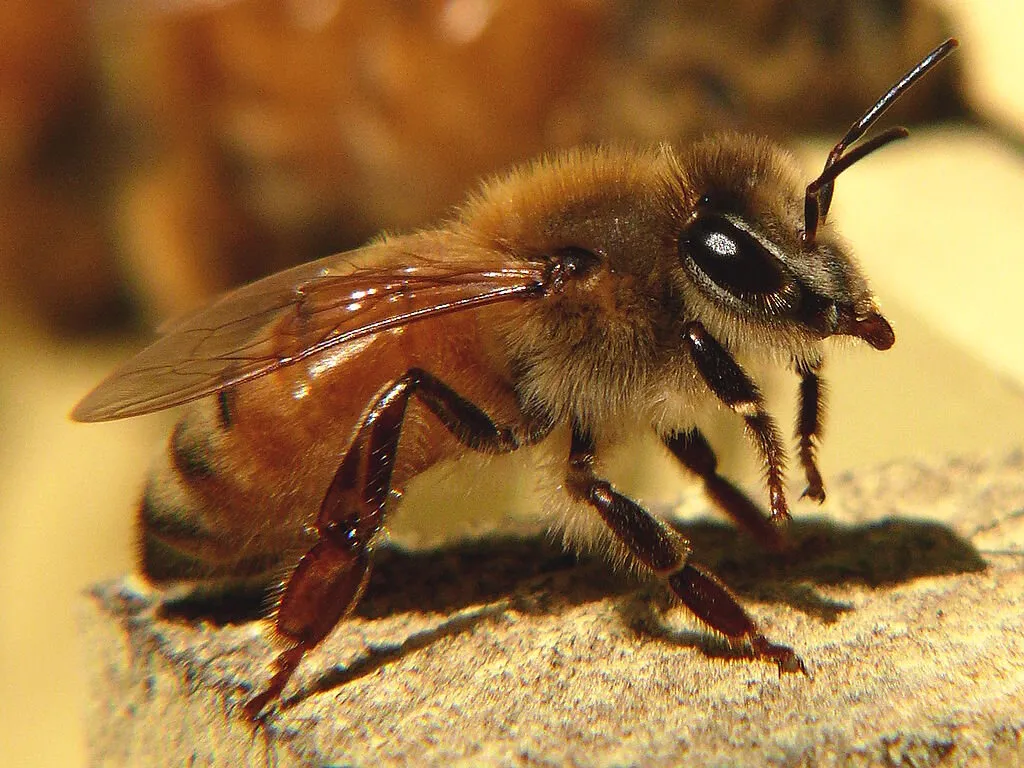In a groundbreaking study published in the journal *Veterinary Sciences* (translated from Italian), researchers have shed light on a glaring inconsistency in European Union animal welfare legislation: the exclusion of honeybees from legal protections, despite mounting evidence of their advanced cognitive and emotional capabilities. Led by Roberto Bava from the Department of Health Sciences at the University of Catanzaro Magna Græcia in Italy, the study compares honeybees to cephalopods, which are already recognized as sentient beings under EU law, and finds striking similarities in their cognitive and emotional complexities.
The research highlights that honeybees, much like vertebrates, exhibit advanced cognitive functions, emotional states, and behavioral flexibility. “Honeybees are not just simple insects; they possess remarkable problem-solving skills, can communicate complex information through dance, and even experience emotions like joy and distress,” Bava explains. This scientific evidence challenges the current legal framework that excludes them from welfare protections, raising ethical and ecological concerns.
The implications of this research are far-reaching, particularly for the agricultural and energy sectors. Honeybees play a crucial role in pollination, directly impacting crop yields and biodiversity. Their well-being is intricately linked to the stability of ecosystems and the economic viability of agriculture. By recognizing honeybees as sentient beings, policymakers could drive a shift towards more sustainable and ethical farming practices, potentially enhancing consumer trust and market value for products derived from welfare-conscious beekeeping.
However, the study acknowledges the complexities and controversies surrounding this issue. “There are critical views on the introduction of honeybees into welfare legislation,” Bava notes. “We advocate for a gradual and evidence-based approach, guided by a permanent observatory to ensure that legislation evolves in parallel with scientific understanding.” This approach would not only promote ethical consistency but also align with the One Health framework, which emphasizes the interconnectedness of human, animal, and environmental health.
The study’s findings could shape future developments in animal welfare policy, encouraging a more inclusive and scientifically informed approach. As public awareness and concern for animal welfare grow, industries that prioritize ethical practices may gain a competitive edge. The research serves as a call to action for policymakers, urging them to bridge the gap between scientific evidence and legal recognition, ultimately fostering a more compassionate and sustainable future for all.
By advocating for the inclusion of honeybees in EU animal welfare policy, this study not only addresses a significant ethical oversight but also highlights the broader implications for agriculture, ecology, and consumer trust. As the scientific community continues to unravel the complexities of invertebrate cognition, the legal and commercial landscapes must adapt to reflect these advancements, ensuring a harmonious balance between progress and ethical responsibility.

